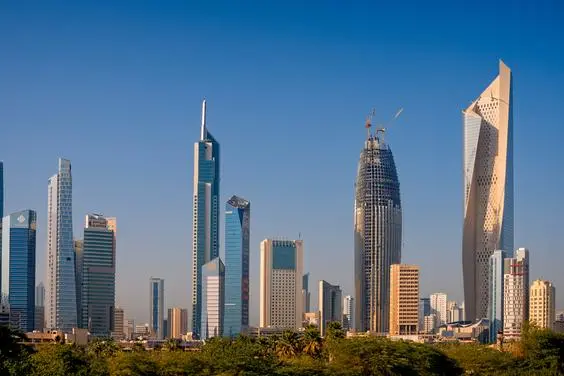PHOTO
The Gulf Cooperation Council countries are home to small and medium-sized enterprises (SMEs) and economic lifeline, although it is difficult to exaggerate the importance of this sector, taking into account that it is the long-term backbone of the growth of these economies, and being a vital source of innovation, creativity and entrepreneurship reports Al-Rai daily. However, the contribution made by this sector to the GDP of the GCC countries varies from one country to another in the Gulf Cooperation Council countries, as it is estimated to be an equivalent of 22% in Kuwait, 15% in Bahrain, 17% in the Sultanate of Oman, and 24% in the UAE, despite its small size. These ratios represent a significant impact on a region where small and medium enterprises are a major driver of economic growth.
Despite, the emergence of the sector, it is recognized that it is the shadow economy in the Gulf countries although considered small, as it represents only 18% of GDP compared to 28% globally, but as long as efforts continue to build future economies, every company and every activity cannot be overlooked, but the challenge now lies in highlighting the informal activity, and the task begins with inclusion. The newspaper indicated that the hypothesis is simple and says that enhancing financial and economic inclusion in turn supports long-term economic prospects and creates societies that are more respectful of justice and stability. As for the countries of the Gulf Cooperation Council, the hypothesis is convincing, and there are many justifications calling for its adoption.
Transparency
The daily said that by expanding the scope and transparency of activities within the formal economy, Gulf countries will benefit from additional sources of income. In this context, countries in the region can also stimulate economic progress and increase domestic demand by expanding financial services to populations that suffer from a lack of banking services with banks and nondealers, for example.
Moreover, inclusion can help reduce reliance on informal financial systems, leading to more stability in the financial sector and stronger and more sustainable growth for the SMEs themselves. Financial and economic inclusion can lead to social and sustainable gains as well.
By increasing the availability of financial services, GCC countries can advance the Sustainable Development Goals while enabling low-income populations, and somewhat marginalized population groups, to participate fully in the economy. The task at hand is daunting, but with the right enablers and an ecosystem that fosters growth, the GCC countries can succeed in their mission to shrink the shadow economy and embrace the hidden potential of one of the region’s most vibrant sectors.
© 2022 Arab Times Kuwait English Daily. All Rights Reserved. Provided by SyndiGate Media Inc. (Syndigate.info).





















